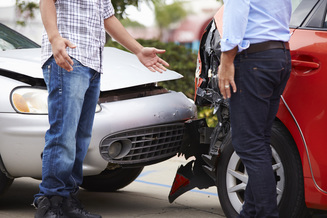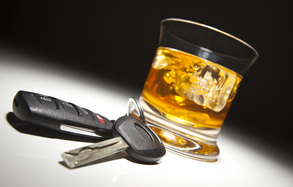The points appear on your personal record to indicate whether you are a good or bad driver. For example, a perfect record has +5 points. The good or bad points don’t influence your car insurance, but they will influence how police officers and judges deal with you, which matters when faced with traffic fines. The more demerits you have, the more likely you are considered a bad driver, and the more likely you are to be convicted of a traffic violation, which in turn earns you more demerits.
And so the cycle goes on.
Here are some examples of traffic violations you should know and how many demerit points each is worth:
Three-point violations:
- Driving 1 to 9 mph above the posted speed limit
- Improper stopping on the highway
- Making an improper u-turn
- Turning left at a red light
- Driving while using a handheld cellphone device
- Driving more than 10 mph above the speed limit
- Aggressive driving
- Following another car too closely
- Passing a care when unsafe
- Driving the wrong way down a one-way street
- Driving more than 20 mph above the speed limit
- Driving while intoxicated
- Driving on a suspended license
- Operating an unsafe vehicle
- Passing a school bus
- Driving while consuming alcohol under the age of 21
If you accrue too many demerit points, or if you have too many traffic violations in a short amount of time, you can be put on probation and your license can be suspended. Traffic violations and demerit points stay on your personal record for a number of years, so it is very important to be a safe driver, know the law, and understand how the system operates.
If you are pulled over and given a ticket for a traffic violation, contact a traffic attorney immediately. An experienced attorney can help you dismiss or amend your charge, so that you won’t risk having demerits that can affect your driving record for years to come.







 RSS Feed
RSS Feed